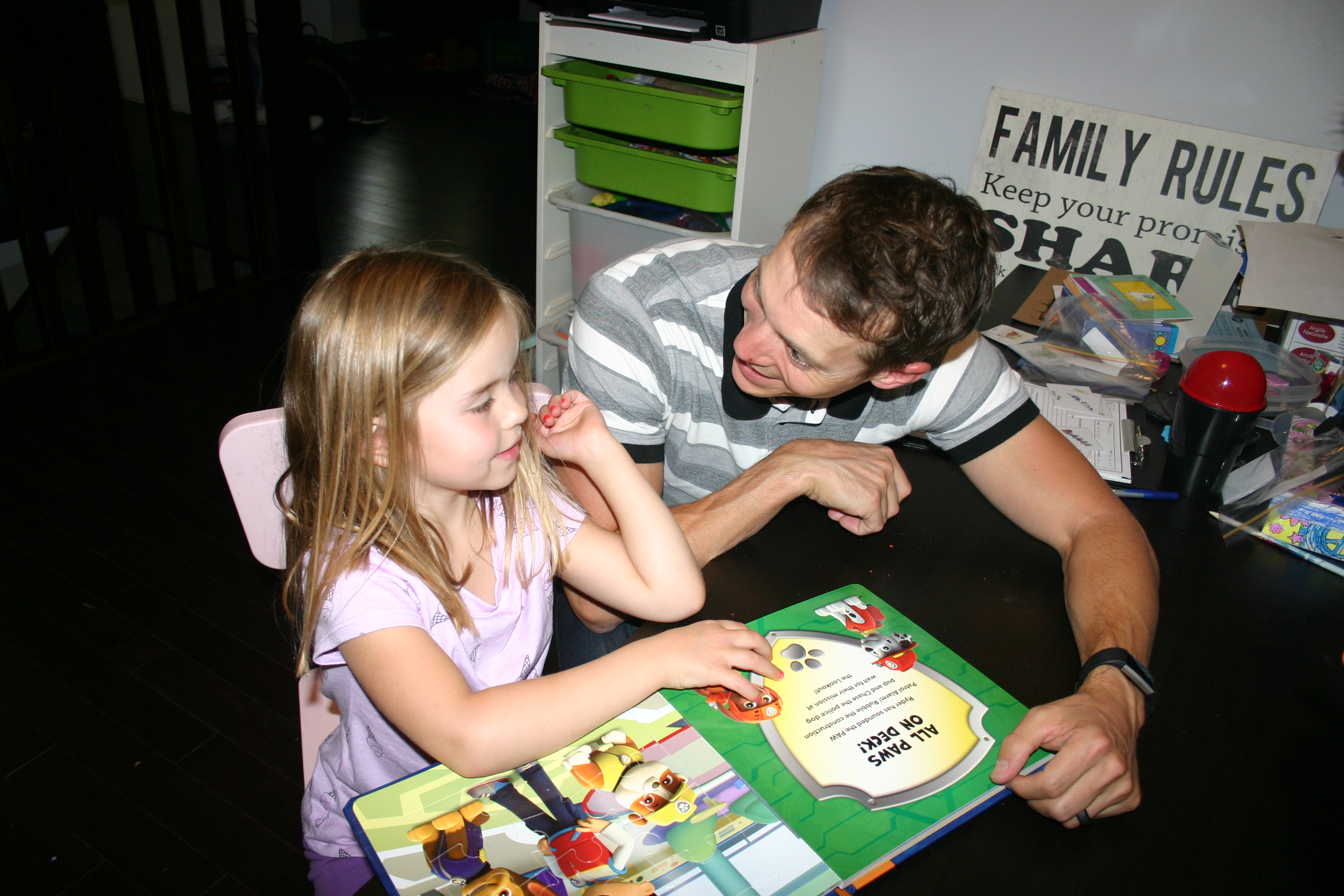TODAY’S LANGUAGE DELAY IS TOMORROW’S LEARNING DISABILITY
I first learned of Lance’s case at an inter-disciplinary meeting. A psychologist presented him as a complex case. Lance had been diagnosed with a reading disability. However, he had not improved with any of the intensive “extra reading help” that he had received over the last 4 years. He was in Gr. 8 then, but would soon change schools to go to high school in Gr. 9. The school team was looking for support with his transition and to help the high school staff determine his programming. They intended to put him into Special Education classes. My ears perked up as they rattled off some of his assessment scores. I heard them mention difficulty with “vocabulary” and immediately had suspicions about the true root of Lance’s academic challenge. I instantly piped up and requested the opportunity to complete a language assessment. Sure enough, Lance had a severe language disorder. He was a big farm kid, but he was a quiet, soft-spoken young man with little to say. His language disorder had remained hidden and elusive to his parents and teachers. It was further disguised by the previous diagnosis of a reading disability – it was assumed that the diagnosis fully explained his trouble with reading, and communicating through writing and spelling. Finally, in Gr. 8, Lance received the diagnosis of what had limited his potential for his entire school career. More importantly, he began receiving specialized language instruction and accommodation in the classroom. He was placed in Special Education in Gr. 9, but then began to enroll in some regular curriculum classes in Gr. 10. Lance’s case was a costly way to educate the multi-disciplinary team. They learned that LANGUAGE may be the root cause of up to 90% of diagnosed learning problems. They further realized that READING, WRITING AND SPELLING are language tasks! They took in the message that I am communicating to you now:
IF YOUR CHILD HAS TROUBLE WITH LITERACY, THERE IS AN UNDERLYING LANGUAGE PROBLEM – and you need a language EXPERT!
Visit our page on READING to learn more!
LANGUAGE IS HUMANITY
Everything that has ever been created started with an idea that was communicated through language. Language is such an important part of what it means to be human – it is what sets us apart. Language is behind every great thing that we as humans have ever accomplished. This is why Helen Keller stated that until she discovered language, she was no different than a clod of dirt.
LANGUAGE IS MEANING
Language is the ability to understand and express meaning, from understanding someone else’s thoughts, ideas, and emotions to expressing your own. This may happen through body language, speech, writing, or text on a screen. The mode of communication can vary, but each of those modes transmits meaning through LANGUAGE.
LIFE WITHOUT LANGUAGE IS MEANINGLESS
Words are also language. We, as humans, use words to create meaning. Words have, hold, or represent meaning. Meaning is language. Without language, there is no meaning! We may use language verbally or non-verbally; silently, or aloud. We think in words, problem solve in words, and interact socially through words; we plan, set goals, express ideas and emotions, function, and survive through words. The act of labeling something adds meaning to it. Even emotions don’t really exist until we LABEL them! Without language, there is no communication, no sharing of information, no social connection, team work, or collaboration. Without language, life is … meaningless!
MY CHILD HAS A LANGUAGE DELAY. WHAT DOES THIS MEAN?
A language delay means that a child has not reached developmental milestones on pace with most children of the same age. What that may look like is: difficulty following directions, a small vocabulary, short sentences, trouble finding the right words or expressing ideas, trouble being polite, trouble using words to start playing or make friends, trouble understanding what they read, or trouble writing sentences and stories.
WHAT HAPPENS TO CHILDREN WITH LANGUAGE DELAYS?
Unfortunately, most academic learning doesn’t take place without language. And our school systems are largely built on children listening or reading to gather information! Children with language delays may not understand what they are hearing or reading. They often miss information during instruction; have under-formed concepts; have trouble making connections between ideas; and have trouble forming and expressing their own ideas – especially finding creative solutions, applying verbal reasoning, and problem solving. All of this slows down learning and detracts from rich or deep learning.
PROBLEM BEHAVIOURS, SOCIAL ISOLATION, ACADEMIC FAILURE
They may also have trouble expressing thoughts and ideas. This makes it difficult to answer questions in class and participate in classroom activities. They have trouble communicating with friends. They often withdraw and shut down, becoming isolated. As a result of experiencing social failure, they may start to “act out” with disruptive or anti-social behaviours.
Language is needed for learning.
Learning disabilities result from weak language skills.
LANGUAGE DELAYS SPELL DISASTER FOR LITERACY SKILLS
All of the above occur BEFORE reading, writing, and spelling are introduced! literacy skills are the most complex and demanding language tasks that we impose on children. Children with language delays are at a HUGE RISK of academic failure, especially in the area of literacy.
Many people do not realize that SPEECH sound errors may reflect a language delay! Speech processing errors with an associated language deficit are believed to be the underlying problem in DYSLEXIA!
Go to our SPEECH page to learn more
Go to our READING page to learn more
Confused? Worried? Book a Complimentary 30 min call TODAY!
Talk to a Language Expert TODAY! Book your call and let’s start to unpack your child’s learning history and development. You will describe how your child learns and where they struggle. I will explain what the brain needs to do to learn to read.
Talk to an Expert on how to eliminate horrible communication and increase your child’s confidence.
Know your child’s language abilities and prevent learning problems. Optimize learning potential by talking to a Language Expert today!

Speech & Language
Families suffer when loved ones have trouble communicating. Find answers and get support now.
About Us
Our Mission is to make it easy for families and professionals to come together. Learn how we can help.
Contact Us
Reach out to us, or inquire about becoming a member of our team! We are eager to connect.


